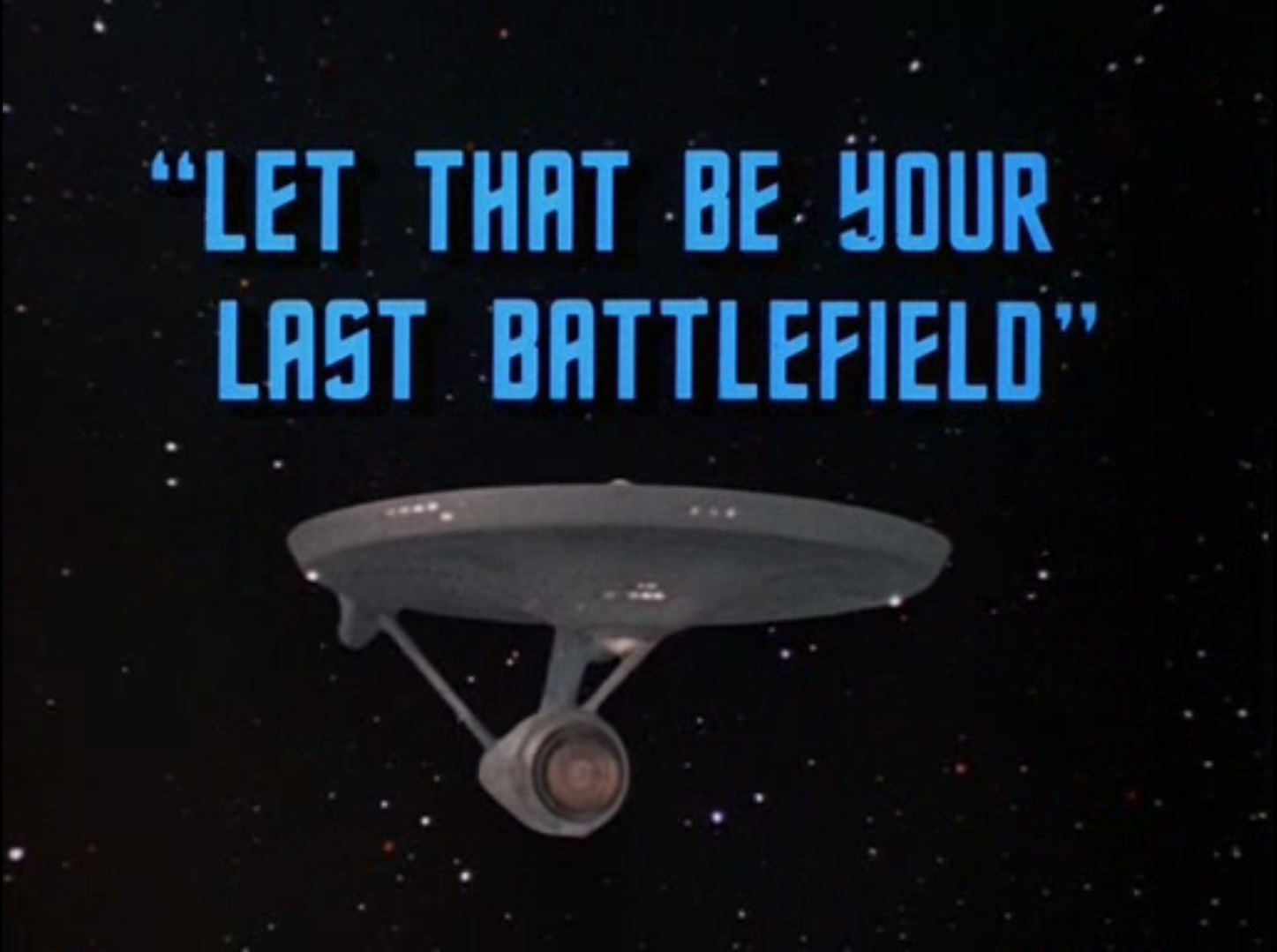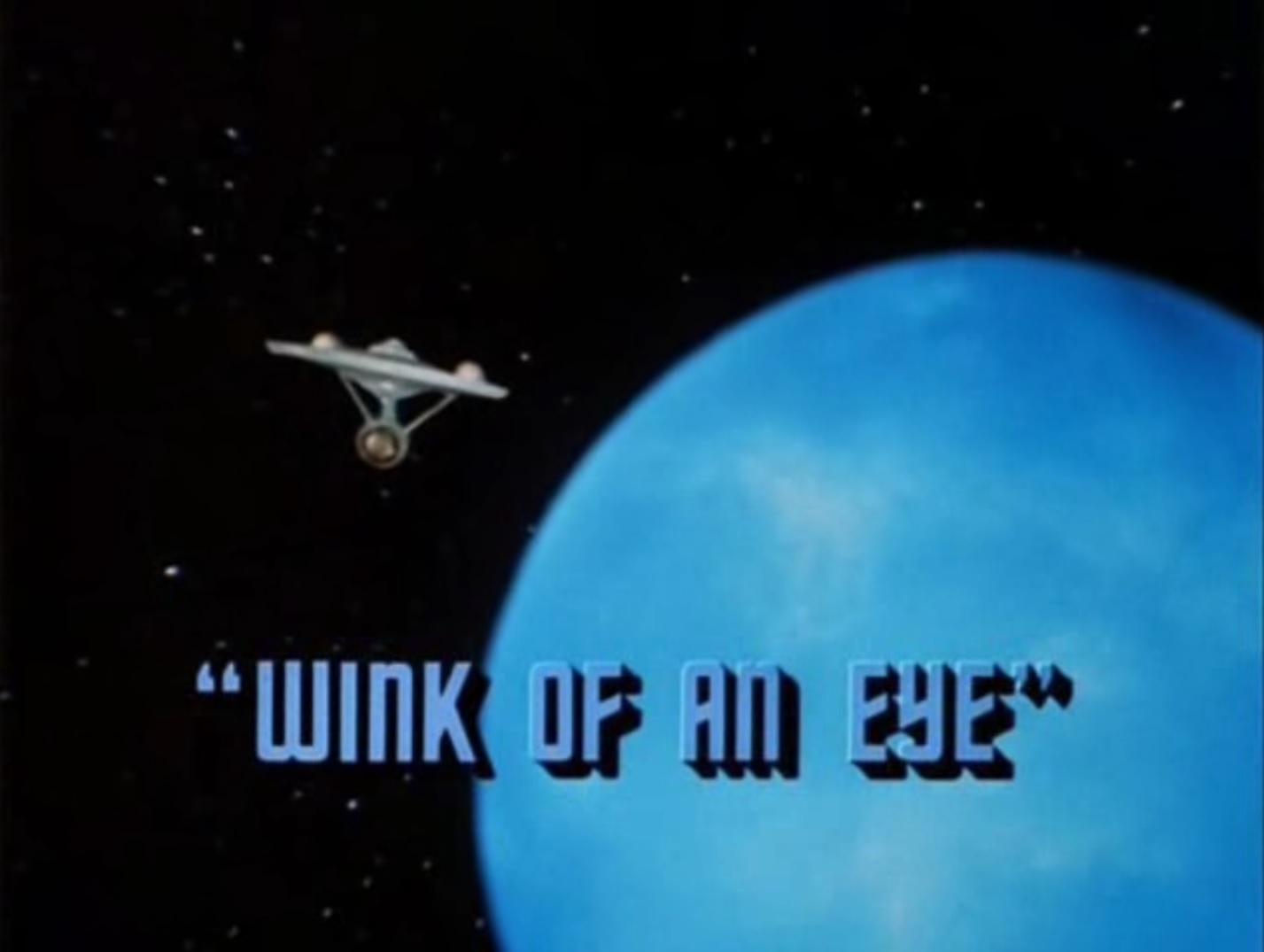[Star Trek is back for its third season! Accordingly, we've devoted a great many inches to this rather uneven debut….]

by Janice L. Newman
This week we gathered all our friends together to start off a new season of Star Trek. We served dinner, then put our little portable color set outside and everyone enjoyed the lovely late summer night.
Well, everyone except me, that is. I was stuck inside with a VERY nasty cold that, oddly enough, no one else wanted to share with me. It made watching Spock’s Brain a lonely experience, but it did give me space to focus on the episode without being distracted by gasps, groans, or laughter—except my own, that is.
With the recent threats of cancelation and huge fan response, I expected NBC to put their best foot forward starting the new season. For Season 2 they knocked it out of the park with Amok Time. Could they do it again?

In a word, no.
Continue reading [September 26, 1968] Brain drain: (Star Trek: "Spock's Brain") →



![[January 16, 1969] Mixed messages (<i>Star Trek</i>: "Let That Be Your Last Battlefield")](https://galacticjourney.org/wp-content/uploads/2024/01/690116title-672x372.jpg)
![[December 6, 1968] Wince of an audience (<i>Star Trek</i>: "Wink of an Eye")](https://galacticjourney.org/wp-content/uploads/2023/12/681206title-672x372.jpg)

![[October 31, 1968] How the Western was won (<i>Star Trek</i>: "Spectre of the Gun")](https://galacticjourney.org/wp-content/uploads/2023/10/681031title-672x372.jpg)

![[September 26, 1968] Brain drain: (<i>Star Trek</i>: "Spock's Brain")](https://galacticjourney.org/wp-content/uploads/2023/09/680926title-672x372.jpg)
